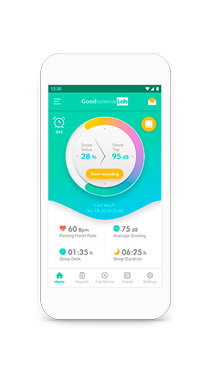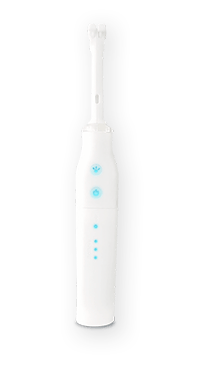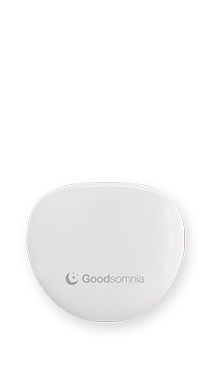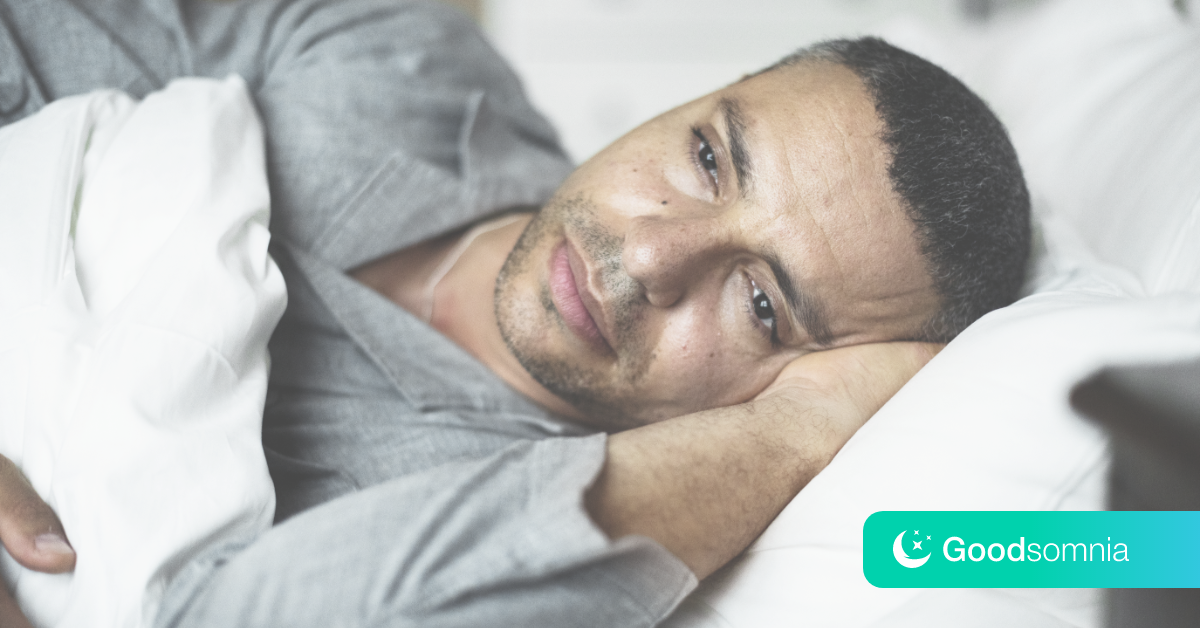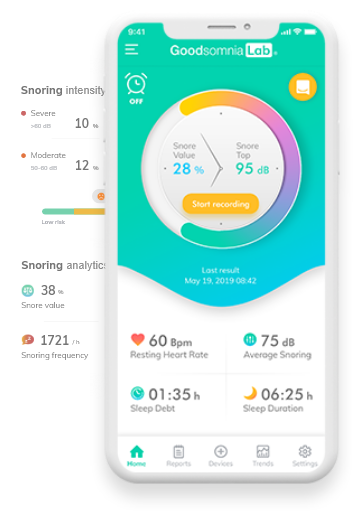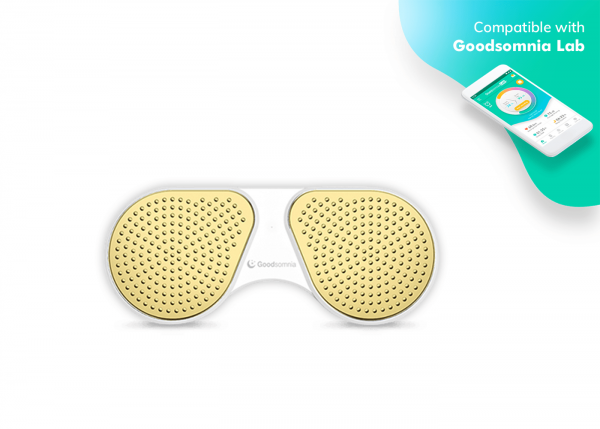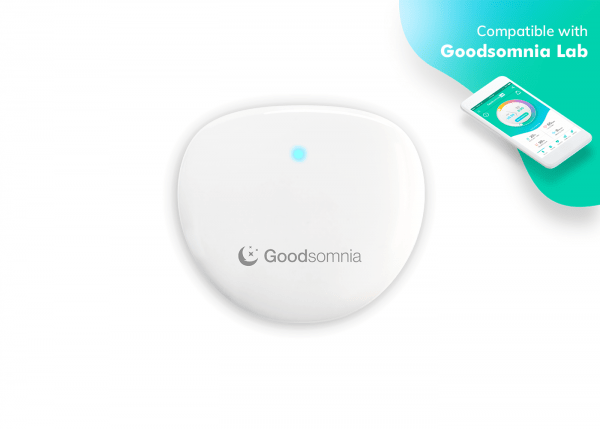Sleep is among many things that can affect our mental health. Today we’re going to find out how sleep affects your mental health, the consequences of mental health conditions and why sleep is such a huge thing.
Sleeping and mental health
Shut-eye plays a vital role in our physical and mental well-being. That’s why sleep and mental health have both positive and negative effects on each other, depending on the quality of sleep. While sleep disorders are potential symptoms of almost every psychiatric illness, having a mental health disorder without a sleep problem is very rare. So, good quality sleep for mental health is a must.
How sleep affects mental health
There are many ways in which mental health can affect our sleep. It may help you change your attitude to sleep and start to value it more. Here are three popular mental disorders caused by lack of sleep and their effect on health:
● Anxiety: Having an anxiety disorder means experiencing stress at a sharper level. Starting from obsessive, anxious thoughts to post-traumatic stress disorder.
● Depression: Individuals with depression may oversleep and experience sleeplessness. Oversleeping leads to headaches, lost in time and frustration. Lack of sleep encourages mental health problems, exhausting feelings, and tiredness during the day.
● Panic Disorders: People with panic disorders may have attacks during the night, so experiencing lack of regular sleep; shortness of breath and sweatiness. It takes time for them to calm down. The effect on those with panic disorders can lead to the bed becoming associated with fear and this may increase the risk of insomnia.
Benefits of sleep on mental health
Having eight hours’ sleep contributes to a healthy lifestyle and makes it easier for us to cope with mental illness symptoms.
Among numerous benefits of sleep on mental health, the REM stage of sleep is tops. It provides us with emotional and cognitive balance. During this stage, our brain processes all the information and sets it up. Other mental health benefits include stress reduction, dreams, memory and central nervous system improvements.
Within 2-3 days of less-than-8-hour sleep, we can become moodier, prone to irrationality, and poor decision-making.
Mental health and sleep apnea: reasons to be cautious
At this point, you’ve probably realized how strongly lack of sleep affects our mental health. A separate topic is a connection between sleep apnea and mental health.
OSA is a sleep disorder caused by obstructed breathing that causes multiple awakenings which, in turn, leads to oxygen starvation to the body and brain. It takes us to the conclusion that the effects of sleep apnea on mental health are the same as we described above.
On the mental health and sleep apnea link, sleep apnea is highly correlated with depression. Those with sleep apnea are more than five times more likely to have depression.
So if you have issues, consult a doctor and take control of your sleep problem. Alternatively, use Goodsomnia Lab to help you.

